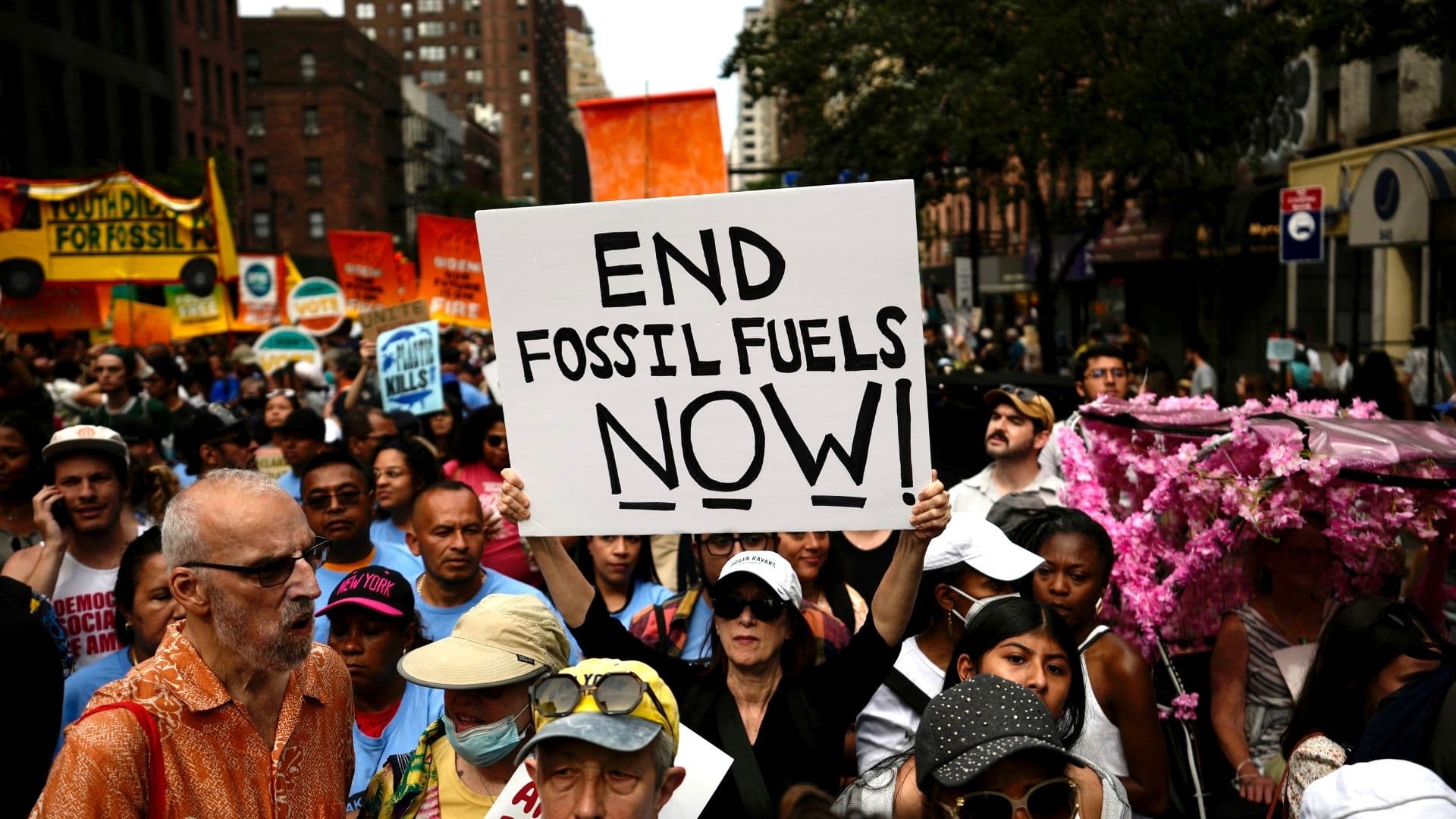British Isles Face Severe Cold Wave, Snow and Ice Warnings
A cold wave sweeping the British Isles from November 17 is bringing unusually low temperatures, localized snowfall and icy conditions, prompting Met Office and health agency warnings. The outbreak is producing travel disruption, some school closures and public health alerts aimed at protecting vulnerable people across the UK and Ireland.

A cold wave that began in mid November is sweeping across the British Isles, delivering some of the lowest November overnight temperatures seen in years in parts of Scotland and prompting coordinated weather and health warnings across the United Kingdom and Ireland. Meteorological services tracked the outbreak from November 17 onward as a band of cold air settled over upland and inland areas, producing below zero overnight readings, local snow and widespread icy surfaces.
The Met Office issued snow and ice warnings for large swathes of Scotland, northern England and Wales, while the UK Health Security Agency and other public bodies raised cold health alerts to urge extra caution for older people, very young children and those with chronic illness. Local authorities activated preparedness plans, gritting routes deemed essential and establishing contingency arrangements for transport and emergency services.
In Scotland, the upland village of Tomintoul registered an early season temperature low that media outlets described as one of the coldest November overnights in recent memory for the area. The Scottish Highlands experienced notable snowfall that disrupted rural roads and limited access to some communities. Residents in parts of Wales also reported heavier than usual early snow that added to pressure on local highways and school systems.
Transport networks felt the immediate effect. Local travel disruption was reported on minor roads as ice made surfaces treacherous for motorists, and rail operators advised passengers of possible delays as points and overhead equipment required extra attention in freezing conditions. Several schools in affected local authorities announced closures for safety reasons, citing hazardous walking conditions and difficulty operating school transport.
The timing of the cold spell is significant for authorities balancing winter readiness with ongoing pressures on public services. Health agencies stressed the increased risk to vulnerable populations and urged households and community groups to check on neighbours and family members who may struggle to heat their homes or cope with icy conditions. Homeless services and voluntary organisations were mobilised in some urban areas to offer warm spaces and outreach during the cold nights.
Energy and infrastructure providers monitored demand and supply, but there were no widespread outages reported as of November 22. National services including police and ambulance trusts maintained elevated readiness to respond to weather related incidents and asked residents to allow extra time for journeys and to prioritise safety.
Meteorologists noted that while early season cold snaps are not unprecedented, their intensity and spatial reach vary year to year and reflect complex interactions in the atmosphere. The immediate concern for officials remains mitigating harm from ice and snow, preserving safe travel and protecting those most at risk from prolonged exposure to cold.
As the cold wave continues to influence conditions through the weekend, authorities across the British Isles emphasise practical measures such as clearing pathways, using appropriate footwear and keeping warm indoors while community organisations and local government units coordinate support for elderly and vulnerable residents.

